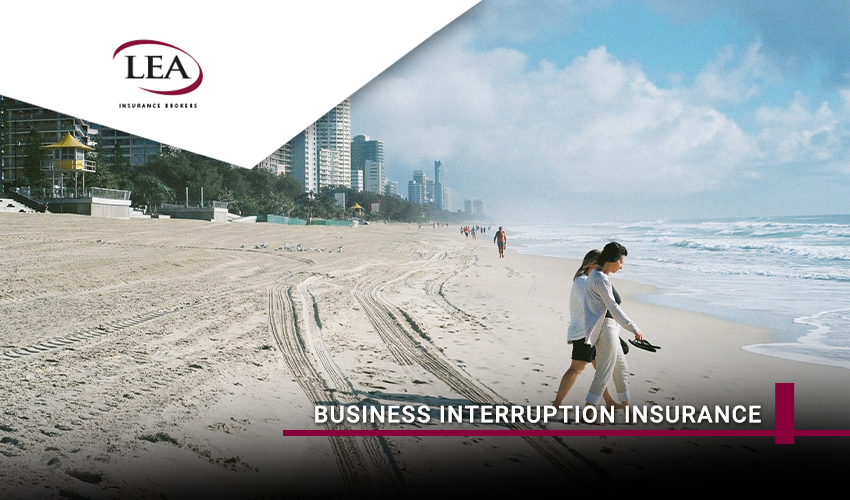
5 Essential Ways to Protect your Tourism Business
Working out which insurance policies you need as a tourism business can be a headache.
There may be many choices for your needs and policy fine print to wade through. We’ve been through a hard insurance market cycle. That’s when insurance companies’ profitability and losses can restrict their offerings to you and bump up premiums.
This article explores five of the most important policies for tourism businesses to hold, including:
- Public and products liability
- Management liability
- Workers’ compensation
- Property damage and business interruption
Public & products liability
Public liability cover protects your business against financial loss from a claim if a member of the public was injured due to your business operations, including your products. This also applies if your business caused third-party damage.
Tourism businesses should consider public liability insurance coverage a necessity. It can be part of your contract obligations with other parties. As well, it can be a condition that state and territory governments impose on councils and other landholders – where you may be holding your events, for example.
Depending on your tourism business type, size and location, typically, you’ll need $10 million coverage. Ensure your contractors also have public liability insurance by asking them for a certificate of currency.
Management liability
Management liability insurance can come to the rescue if your business, directors, officers, or employees – past and present – face a claim from mistakes or deliberate actions (such as fraud). Coverage could include incidents such as:
- Workplace Health & Safety Incidents
- Employment Issues
- Tax Audits / Investigations
- Employee Theft
- The actions of a director or officer
- Statutory Liability
However, exclusions may be a deductible or excess and limits on the cover.
Workers compensation
When you have employees, workers’ compensation insurance is compulsory. This covers them for injury at work or a physical or psychological illness due to their work. This includes:
- Their wages while they aren’t fit to work, and
- Medical expenses and rehabilitation.
Check your state or territory’s regulator for more information about this safety net for your staff. Each scheme differs in coverage, benefits, return to work, self-insurance, common law, dispute resolution, and cross-border arrangements.
Business interruption
Business interruption insurance comes in handy when a natural or man-made disaster, such as fire, affects your tourist company. Such a policy offers financial support to:
- Maintain your anticipated net profit
- Pay key employees
- Cover continuing overheads, such as power, rent and other utilities
- Pay costs to train operators of replacement machinery
- Foot the bill for extra working costs, in some cases
This policy means you can keep running your business as your ongoing costs are covered while you recover and rebuild. In short, it helps protect your cash flow so you can get through the disaster.
Business interruption cover is part of property insurance cover. When one of your business assets is damaged, and you can’t trade, your property insurance policy covers it. That policy comes into effect before business interruption cover is triggered. This policy even covers you when a supplier’s premises is damaged and negatively effects your business operations.
Helping you decide
We can discuss your business risk profile and appetite with you to customise a package of policies to suit. Our expertise saves you time and, often, we can access a discount or more generous policy limits by bundling your cover into a package. We’re here to help.
Useful links:
The Show Must Go On: Is a discretionary mutual fund the solution to the insurance crisis facing Australia’s amusement, leisure and recreation sector? Final Report, 6 December 2021
https://www.asbfeo.gov.au/sites/default/files/2022-03/DMF_Final-Report_Public.pdf
